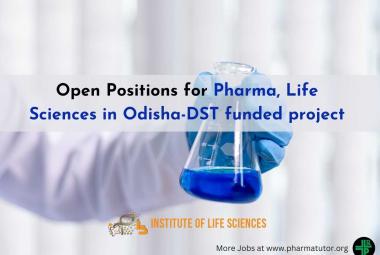The dangers of arterial thrombosis - the formation of blood clots that can block arteries and cause illness or death - can escalate through a vicious cycle of coagulation and inflammation. But microRNAs - single-stranded, non-coding small RNAs that can tamp down signaling from specific genes - may be able to break this cycle. In previous studies, researchers from Brigham and Women's Hospital found that microRNA-181b (miR-181b) could regulate acute and chronic vascular inflammation. In a new study published online this week in The FASEB Journal, the research team investigated the role of miR-181b in blocking the development of arterial thrombosis. The new findings have implications for heart attacks, stroke and peripheral artery disease.
[adsense:336x280:8701650588]
The researchers found that miR-181b targets Card10, a protein that helps activate inflammation. In preclinical studies using mouse models of carotid artery thrombosis, the researchers found that the delivery of miR-181b reduced the formation of blood clots by 73 percent in carotid arteries and prolonged the time to artery blockage by 1.6 fold. They saw similar results when they directly blocked Card10.
[adsense:468x15:2204050025]
"miRNAs are emerging as potential regulators of arterial thrombosis," said corresponding author Mark Feinberg, a physician investigator in BWH's Cardiovascular Division and an associate professor of Medicine at Harvard Medical School. "This study highlights the important link between inflammation in the vessel wall and thrombosis. Delivery of miR-181b or Card10 inhibition may constitute a new therapeutic approach to reduce arterial thrombosis."













